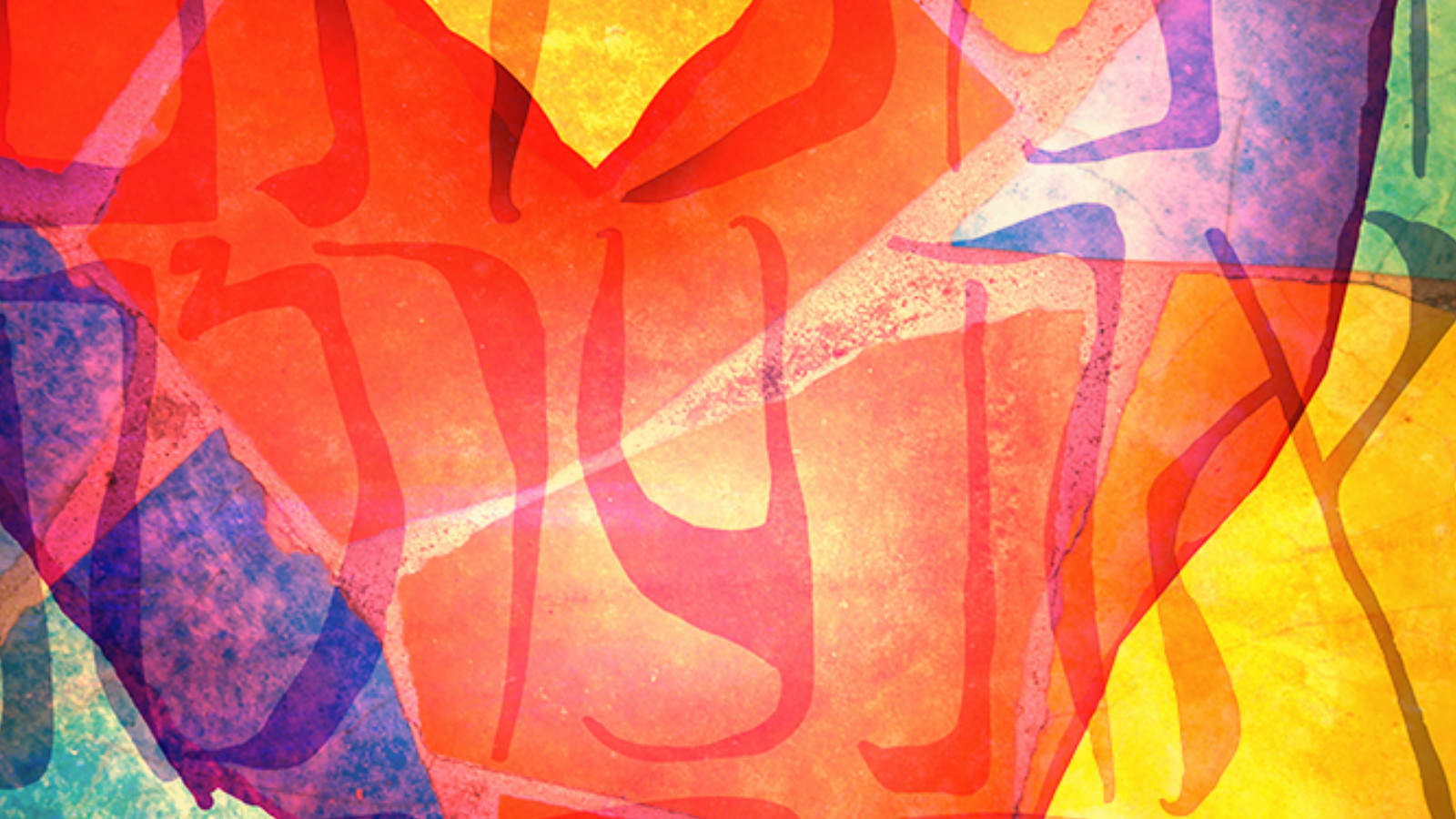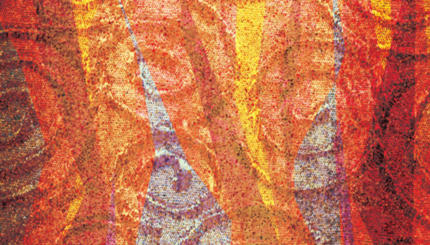Commentary on Parashat Eikev, Deuteronomy 7:12-11:25
A sage rabbi once told me, upon reflecting on his difficulties as a pulpit rabbi (he lasted only four years, but went on to be an outstanding educator): “Don’t take them — the board, the congregants — too seriously; don’t take yourself too seriously. “ In my 18 joyous years as a pulpit rabbi, there certainly were times when this advice was a great comfort and got me through some challenges. Yet, as relaxing as these words are, this is not really the approach of the Torah. In fact, this entire portion from beginning to end is the complete opposite of my teacher’s advice. Eikev is about consequences of everything we do. In fact, even the title “Eikev” means: “As a consequence of…” From the start to end of this portion the message is loud and clear: Everything we do makes a difference and someone (God, the world, people around us) is watching and is deeply affected by what we do.
Now, this is not so easy. It is not so much fun to live life in the spotlight, where everyone notices everything we do. My wife, Rachel, and I have raised four children as “RKs,” rabbi’s kids, and while our children seem to have loved being celebrities at shul every Shabbat when I was still in the pulpit, I know that many children in that situation find it hard. Not only children: I vividly remember that the most sought-after seats in synagogue were those in the back row. The back benches (inhabited by “back benchers”) were a place where you were not always in the glare of the rabbi giving the sermon or the gabbai (sextant) who was trying to find people to lead services or take an honor. In fact, there is something so comforting about being able to retreat into your iPhone and feel like you are not being noticed.
Yet, our Torah portion reminds us that every action we take, or avoid taking, has real consequences. Moses warns the Jews “Vehaya im shamo’a tishme’u el mitzvotai…” (Deuteronomy 11:13): “It will come to pass, only if you listen to my commandments…” The Reform siddur removed this second paragraph of the Shema from the prayer books because it implies that when we do a mitzvah we immediately see results in this world: rain, crops, stock market going up, etc. The rabbis of the Talmud also felt uncomfortable with this paradigm and in many places worked on limiting our expectations or even saying that there is no visible reward in this world. However, when we may never see the results of our actions or our inactions,our tradition is firm that there are consequences. Two centuries ago, Rav Chayim of Volozyn wrote a brilliant work of Kabbalah (Jewish mysticism), Nefesh HaChayim, where he spends a quarter of the volume proving from sources that every single action we take creates innumerable worlds, either good worlds or bad worlds. His vision for the Afterlife was that when we die we live in all those worlds that we have created. We cannot overestimate the impact even our simplest gestures, words, thoughts and actions have.
Eikev focuses on how our actions will enable us to enter the Land of Israel and to make it thrive or deteriorate. The Torah tells us, “The eyes of God are constantly on this Land from the beginning of the year to the end…” (Deuteronomy 11:12) So it is not surprising at all that the world has Israel and the Jews under a microscope: Every action the State of Israel takes to defend herself or to deal with her multiple challenges seems to make it to the front pages of the papers or to the mouths of protesters and activists on college campuses. This makes it difficult for all of us who love Israel and wish to defend her. Yet, it means that Israel and the Jews must set an example for the world of how every action, every act of a state or an individual, does have an impact. We cannot expect the world to appreciate Israel, but we are constantly reminded of the value of us trying to make a difference.
With your help, My Jewish Learning can provide endless opportunities for learning, connection and discovery.
So next time you have the opportunity to speak up, to say hello, to take a stand, to volunteer or even just to sit up front to be supportive, remember: God is watching, and the world is waiting. Innumerable and unfathomable mystical worlds and real-life consequences will result from whether we rise to the challenge or sneak back into our comfortable iPhones. The choice is ours, but the impact is real.
shul
Pronounced: shool (oo as in cool), Origin: Yiddish, synagogue.
gabbai
Pronounced: GAH-bye, Origin: Aramaic, literally "tax collector," but today means someone who assists with the Torah reading in synagogue.The gabbai usually determines who will be called up to the Torah for an aliyah and also assists with other aspects of coordinating worship.
siddur
Pronounced: SIDD-ur or seeDORE, Origin: Hebrew, prayerbook.
Shema
Pronounced: shuh-MAH or SHMAH, Alternate Spellings: Sh'ma, Shma, Origin: Hebrew, the central prayer of Judaism, proclaiming God is one.
mitzvah
Pronounced: MITZ-vuh or meetz-VAH, Origin: Hebrew, commandment, also used to mean good deed.



